knowledge
Is the Keto Diet Safe? 10 Myth-Busting Arguments for the Safety of Ketosis

Is Ketosis Safe?
The truth is that we can’t say for certain that it is 100% safe.
Humans don’t understand everything under the branch of nutritional science and probably won’t for a very long time. As an individual, the only thing you can do is take a look at the research yourself and form your own conclusion.
Personally, through the reading I’ve done and the experience I’ve had with the Keto diet, I’ve formed my own conclusion that ketosis is safe.
Could I be wrong? Absolutely.
But I could also be right. I’m willing to take that risk in order to follow a diet which could maximize longevity, well being and function.
My personal conclusion shouldn’t matter to you though. You need to do your own research and come to your own conclusion. I’ve put together this post to organize all of the issues surrounding the safety of ketosis so that you can make your own decision.
In trying to prove something to be safe there are two ways to go about it:
1: Disprove the claims of danger
2: Show evidence which may be correlated with safety
This article will dispel the top 10 claims people make in an argument to label ketosis as dangerous.
Like I said, the science on ketosis is still quite immature.
The following data is not meant to 100% prove or disprove the safety of ketosis. It’s merely the information we have available today which can help us form a nutritional strategy we feel is best for ourselves.
I’m not a doctor or a researcher.
The following information is material I’ve collected in my attempt to feel confident following a Keto diet indefinitely.
Most of it is sourced from doctors or authors although I have also included anecdotal accounts from experiences posted on message boards and Reddit.

I know, much of the information here isn’t sourced directly from science journals. To be honest, the hard research on ketosis is currently lacking.
The best information comes from reputable doctors and authors who have years of experience with the diet.
In the end, you will have to take a slight leap of faith in placing your trust on the anecdotal experience of thousands of people who have experienced, benefited, and shared their knowledge of this diet.
Until hard research is funded and performed on the different aspects of ketosis I see no reason we cannot use the experience and results of others to assist us. Those alive today may all be dead before science proves the 100% safety of the Keto diet.
I’m not waiting for that day.
Life is about risk and reward. This is one risk I’m willing to take in order to reap the immense rewards of the Keto diet.
Claim 1:
The brain runs on glucose and a Keto diet does not satisfy this demand.
Reality:
The brain DOES need glucose but not very much; About 30g-50g/day [1]. The body can synthesize this glucose from dietary protein through a process called gluconeogenesis [2]. Carbohydrate not required.
But what about the rest of the brain’s daily energy needs beyond this 30-50g glucose requirement?
Most people are aware that the brain is powered by glucose. Very few are aware that it can also run on ketones and that ketones may actually burn more efficiently with less waste.
Once the body has become fully Keto adapted the brain gets up to 75% of its energy needs from ketones. The remaining 25% is obtained from glucose which as mentioned can be synthesized from dietary protein.
When I was taught about biochemical fuel-burning, I was taught that glucose was “clean” and ketones were “smokey.”
That glucose was clearly the preferred fuel for our muscles for exercise and definitely the key fuel for the brain.
Except here’s the dirty little secret about glucose – when you look at the amount of garbage leftover in the mitochondria, it is actually less efficient to make ATP from glucose than it is to make ATP from ketone bodies!
A more efficient energy supply makes it easier to restore membranes in the brain to their normal states after a depolarizing electrical energy spike occurs, and means that energy is produced with fewer destructive free radicals leftover.”
If you’re on a very high fat, very low carb diet – like a traditional Inuit diet – your brain will eventually be able to use fat-derived ketones for about 50-75% of its energy requirements. Most ketones are produced in the liver, but astrocytes in the brain also generate ketones themselves for use by neurons.
You think we’d have that kind of set up in our brains if ketones weren’t useful to have around? If all we could do was burn glucose up there, what would be the point of even having localized ketone factories?
Mark Sisson
If someone tries to tell you that ketosis is dangerous because you’re starving your brain of glucose you can either stop listening to them or you can educate them.
Claim 2:
The keto diet is incomplete and will result in dangerous nutrient deficiencies

Reality:
When followed correctly, the Keto diet is one of the most complete and nutritious diets on the planet.
Here’s the thing, the Keto diet can be executed in many different ways. The only requirement for achieving ketosis is to restrict carbs and limit protein so that the bodies glycogen reserves are depleted to the point that ketosis kicks in.
If you do that by eating hot dogs and margarine then I agree with this claim, you are on a dangerous nutrient-deficient diet.
However, if one chooses to achieve ketosis by eating fatty cuts of quality meat, dairy, nuts and plenty green leaves and fibrous vegetables-they are on a nutrient dense, complete diet.
What about the nutrients found in high carb grains, fruits and vegetables?
What are we missing out on?
The fact is that compared to many vegetables, fruit is actually a pretty poor source of vitamins and minerals. And grains?
Not only can the trace vitamins and minerals in grains be found more richly in meats, dairy and other keto friendly foods–there is speculation that phytates and tannins found in grains can block absorption of some vitamins and minerals.
Schlemmer U1, Frølich W, Prieto RM, Grases F.
In practice most people who begin following a Keto diet actually end up eating many more servings of nutritional low carb fruits and vegetables than they previously were.
Once you cut out all of the candy, chips and soda suddenly tomatoes, avocados, olives, spinach and broccoli start looking a lot more attractive.
Unlike proteins and fats, there’s no such thing as an essential carbohydrate. There’s nothing a carbohydrate has to offer the body that couldn’t otherwise be obtained from fats and proteins.
In practice, you’ll probably consume more vitamins and minerals on a ketogenic diet than you did on a standard American diet (SAD), as long as you are eating whole foods (i.e., natural fats, meats, leafy green vegetables) and not packaged low carb junk food.
Ellen Davis
M.S. Applied Clinical Nutrition
Meat is the only nutritionally complete food.
Animal foods (particularly when organ meats are included) contain all of the protein, fat, vitamins and minerals that humans need to function. They contain absolutely everything we need in just the right proportions.
That makes sense, because for most of human history, these would have been the only foods available just about everywhere on the planet in all seasons.
This should put things into perspective: gram for gram, broccoli, kale and cauliflower all have more vitamin C than an orange. The high carb foods we famously believe to be the major sources of nutrients are often beat out by low carb meat, dairy or vegetable options.
Claim 3:
Ketosis can develop into life threatening Keto-acidosis.
Reality:
It is physiologically impossible for anyone with normal pancreas function to develop Keto-acidosis.
The fact that Keto-Acidosis is used as an argument against the safety of ketosis is really a grand revealer of just how ignorant and lazy some pundits are in attacking the diet.
I can’t help but cringe when I think that the logic displayed here might be as lazy as “well they both have ‘keto” as their root word, ketoacidosis must be the result of ketosis“.
Even more cringe worthy are the numerous cases of TRAINED MEDICAL DOCTORS advising against ketosis out of fear for ketoacidosis. Com’on society, you can do better than that.
Unless you cannot produce any insulin from your pancreas (as is the case with type I diabetics, who do have to be much more careful with ketosis) you are at zero risk of keto-acidosis.
Here’s how Keto-acidosis occurs(or doesn’t) as explained by the venerable Peter Attia:

When a diabetic (usually a Type I diabetic, but sometimes this occurs in very late-stage, insulin-dependent, Type II diabetics) fails to receive enough insulin, they go into an effective state of starvation.
While they may have all the glucose in the world in their bloodstream, without insulin, they can’t get any into their cells.
Hence, they are effectively going into starvation. The body does what it would do in anyone – it starts to make ketones out of fat and proteins.
Here’s the problem:
The diabetic patient in this case can’t produce any insulin, so there is no feedback loop and they continue to produce more and more ketones without stopping. By the time ketone levels (specifically, beta-hydroxybutyrate) approach 15 to 25 mM, the resulting pH imbalance leads to profound metabolic derangement and the patient is critically ill.
But this state of metabolic derangement is not actually possible in a person who can produce insulin, even in small amounts. The reason is that a feedback loop prevents the ketone level from getting high enough to cause the change in pH that leads to the cascade of bad problems.
A person who is said to be “keto-adapted,” or in a state of nutritional ketosis, generally has beta-hydroxybutyrate levels between about 0.5 and 3.0 mM. This is far less than the levels required to cause harm through acid-base abnormalities.
Keto-adaption is a state, achieved through significant reduction of carbohydrate intake (typically to less than 50 grams per day), where the body changes from relying on glycogen as its main source of energy to relying on fat.
Specifically, the brain shifts from being primarily dependent on glucose, to being primarily dependent on beta-hydroxybutyrate. This has nothing to do with what a diabetic patient is experiencing in DKA, but does illustrate how poorly informed and quick to react the medical community is.
DKA and nutritional ketosis (or keto-adaptation) have as much in common as a house fire and a fireplace.
Peter Attia M.D.
If you encounter anyone who uses the ketoacidosis argument against Keto you can throw their credibility out the window right there.
(btw, when I say something like “throw their credibility out the window” I don’t mean to berate them during discussion. But you should know that once they use an argument like this, you are no longer in a debate. Calmly take the opportunity to explain the facts.)
Claim 4:
Ketosis can cause dangerous levels of dehydration and electrolyte deficiency.
Reality:
Sort of true–although I would argue the use of the word ‘dangerous’ here. It is true that ketosis promotes water and electrolyte loss but this can easily be mitigated by ensuring adequate water consumption while making sure to consume foods rich in the key electrolytes: Sodium, potassium and magnesium.
By switching to a ketogenic low-carb diet, you are essentially transitioning yourself from a water-retaining diet, to a water-flushing diet.
There are a variety of reasons for this, including reduction of inflammation (water tends to be bound up in inflammation) and the depletion of glycogen stores (glycogen retains water) in your liver and muscles.
Because you are not eating a diet that causes you to retain water, you’re going to find yourself urinating quite frequently (maybe even once per hour or more when you start!).
As a consequence of this, you’re going to lose electrolytes. You’ll want to replenish them.
Often time people know when they are low on electrolytes because of various accompanying symptoms that may include a range of things including muscle cramps, low energy, headaches, difficulty concentrating, and more.
Michael O’Neill
The affects felt due to this flushing–affectionately referred to ask the ‘Keto flu’ are no more dangerous than mild everyday dehydration.
The solution is the same, Drink Water!
Claim 5:
A keto diet raises cholesterol and increases chance of heart disease

Reality:
Claims that diet has any affect on cholesterol levels is unfounded, obsolete and shows a lack of modern understanding. Peter Attia will confirm this below. Further, there’s burgeoning research for the argument that total cholesterol levels have little correlation with cardiovascular disease.
Cholesterol’s Relationship With Disease
The history and continued study of diet, cholesterol and cholesterol’s relationship with disease is truly fascinating. The whole thing plays out like a mystery novel that I just can’t put down.
If you’re interested in this topic and have an afternoon to spare I strongly urge you to check out Peter Attia’s series of cholesterol posts on his blog.
Most of the information I have here on cholesterol will be borrowed from Peter’s blog as I have zero credential in the area and I believe it’s only fair that you get the most up to date and accurate knowledge on this topic.
I’m going to attempt a layman’s description of the cholesterol story Peter has unfolded on his blog. Hopefully I don’t butcher it too badly.
How Cholesterol Works
- Cholesterol is vital for life and it needs to be spread to different parts of the body in order to perform useful functions.
- The amount of cholesterol in the system is actually tightly regulated by the body and is affected very little by the foods we consume. When the body needs cholesterol, it synthesizes it. When it needs to get rid of it, it excretes it
- Cholesterol itself doesn’t flow freely in the blood.
- Instead it needs to enter a vehicle which does flow in the bloodstream.
- There are two such types of vehicles: High Density Lipoproteins (HDL) and Low Density Lipoproteins (LDL).
- The two most relevant metrics of these cholesterol vehicles (lipoproteins) are the size of the vehicle and the number of vehicles.
- Triglycerides also enter these vehicles to ride with cholesterol through the bloodstream.
- When triglycerides increase, the total number of vehicles need to increase in order to transport the increased triglycerides.
- However, when just cholesterol goes up, the vehicles simply increase size to accommodate the increase in cholesterol.
- Here’s the kicker: new research shows that it isn’t total cholesterol that correlates with heart disease, rather it’s the number of vehicles (lipoproteins, LDL-p) which carry this cholesterol that correlates with atherosclerosis heart disease.
- So it’s not the size of the vehicle, it’s the number of vehicles present.
- It’s simple math, any given LDL particle is just as likely to stick to the artery wall regardless of its size or cholesterol content. More particles = more chances for sticking.
- The higher your triglyceride count, the more particles needed to transport TG and cholesterol through the bloodstream.
- The more particles moving through the blood stream, the greater the chances for buildup.
Ok, so I might have butchered that. Sorry Dr Attia.
Anyways, the takeaway is that diet doesn’t affect total cholesterol levels but it does affect triglyceride levels. The higher our triglyceride levels the greater our LDL particle count and the greater our risk of heart disease.
One of the biggest misconceptions out there (maybe second only to the idea that eating fat makes you fat) is that cholesterol is “bad.” This could not be further from the truth. Cholesterol is very good!
Peter Attia M.D.
Eating cholesterol has very little impact on the cholesterol levels in your body.
This is a fact, not my opinion. Anyone who tells you different is, at best, ignorant of this topic.
At worst, they are a deliberate charlatan. Years ago the Canadian Guidelines removed the limitation of dietary cholesterol. The rest of the world, especially the United States, needs to catch up.
Peter Attia M.D.
Blood levels of triglycerides are a major risk factor for heart disease and are directly correlated to the amount of simple carbohydrates in the diet (5, 6).
For that reason, it seems intuitive that low-carb diets would lead to a reduction in triglycerides, while low-fat diets should increase them.
This is indeed the case. Low-carb diets drastically reduce triglycerides, while low-fat diets either don’t improve them very much or literally make them worse (7, 8).
Kris Gunnars BSc Medicine
So the takeaway from all of this is that triglycerides seem to be the biggest culprit in increasing chance of heart disease.
What affects does the Keto diet have on triglyceride numbers?
Here are a couple of anecdotal experiences from members on /r/keto:
Two cases of massive triglyceride reduction with the Keto diet!
I know it’s just two cases but I can confidently tell you that these these results are typical. The Keto diet (or any diet low in carbohydrate for that matter) is very effective at reducing your triglyceride numbers
Claim 6:
The Keto diet lacks fiber and causes constipation.

Reality:
When followed correctly a Keto diet is actually very high in fiber.
Sure, if you’re just gonna eat hot dogs, cheese and margarine then sure, bring on constipation and a host of other ill effects.
There’s no diet in which you can eat poor, low quality food and expect perfect health.
Many Keto’ers claim to consume much more vegetables and fiber than they did on a standard American diet. After the effects of sugar overload wear off, your taste buds become reborn.
Suddenly tomatoes, peppers and cucumbers actually taste sweet. Vegetables become your source of carbohydrate satisfaction (to the tune of about 20-50g/day).
Let’s also get one thing cleared up, there’s a difference between not pooping and constipation. Constipation is obvious blockage and discomfort–there’s something there but it ain’t movin’. Not pooping is well, not pooping.
There’s nothing there to come out. When you produce less waste, you poop less often–and on Keto, you’re going to poop less often. The body is very efficient at extracting nutrients from meats and fatty foods. The result is less waste. So don’t mistake fewer bowel movements with constipation.
If you’re currently on Keto and having problems with constipation here are the top 3 reasons:
1.You’re not eating enough fibrous vegetables.
2.You’re not eating enough fat. Load on the coconut oil. For a real constipation weapon put a tablespoon of coconut oil into your morning coffee.
3.You’re not consuming enough water and electrolytes. Dehydration can lead to constipation.
Claim 7:
The keto diet causes muscle wasting.
Reality:
There’s no science which supports that a low carb diet causes muscle loss. In fact, it might actually be the opposite. As more and more people adopt a ketogenic lifestyle the amount of anecdotal evidence in favor of ketosis as a great body building diet is growing rapidly.
The basis of the muscle wasting argument stems from a misunderstanding of the brains glucose requirements. If ketones didn’t exist the brain would require much more glucose than it does in the presence of ketones.
During a low carb diet the brain would be forced to break down protein to obtain this glucose. It would do this through either dietary protein or in the absence of sufficient dietary protein, it would go after body muscle.
Fortunately, once ketosis kicks in the brain is able to obtain 70-75% of its energy requirements from ketones. The remaining 25% is much more easily obtained from dietary protein and thus body muscle is spared.
If you want some real world evidence for the efficacy of ketosis as a body building diet, head over to Reddit and check out /r/ketogains.
This community is full of people dedicated to building muscle on a Keto diet. They have nothing to sell you and no reason to lie about their results.
This general “muscle wasting” assertion often comes from trainers and dietitians who really have not studied the science on muscle preservation.
They will tell you that the brain requires at least 100 grams of carb per day and if you don’t get those carbs in the diet, your body will break down your muscles to get it. This is true when one’s diet is high carb, and no ketone bodies are available as an alternative source of brain fuel.
But for a person who is adapted to a low carb, ketogenic diet, ketosis provides fuel in the form of ketone bodies for the brain, and the requirement for glucose drops to only about 40 grams per day. The body can easily make this amount from dietary protein and glycerol from the break down of fatty acids
But for a person who is adapted to a low carb, ketogenic diet, ketosis provides fuel in the form of ketone bodies for the brain, and the requirement for glucose drops to only about 40 grams per day. The body can easily make this amount from dietary protein and glycerol from the break down of fatty acids.
Ellen Davis
M.S. Applied Clinical Nutrition
Claim 8:
Ketosis damages the kidneys and can cause the formation of kidney stones.
Reality:
The source of this claim comes from the misunderstanding that the Keto diet is high in protein. In reality the Keto diet places a limit on protein in order to minimize the conversion of protein into sugar.
Furthermore, the claim that high protein consumption can damage kidneys and form kidney stones may also be unfounded.
If someone tries to tell you that the Keto diet is dangerous because of high protein consumption you can pretty much stop them right there.
The calling card of the keto diet is “Low carb, moderate protein, high fat” and the recommended protein dosage usually falls between 60-120g/protein per day depending on your weight and lean body mass.
This is not a high protein diet. Anyone eating significantly more protein than they require is probably kicking themselves out of ketosis and is therefore not following a keto diet.
To further damage the strength of this claim, there’s no evidence that high protein consumption is the CAUSE of kidney damage and stones. The only correlation is that in people who already have kidney issues and a history of kidney stones, protein seems to exacerbate the issue. [3,4]
Claim 9:
High fat intake on a Keto diet causes gallstones.
Reality:
Gallstones are actually the result of an inactive gallbladder. What increases gallbladder activity? Fat consumption!
When the gallbladder is active it will constantly be flushing out and replenishing its contents. If it is inactive the contents will sit idle and be prone to stone formation.
But what about the cases of people on Keto diets dealing with gall stones?
They eat a lot of fat and so their gall bladder should be flushed clean often right?
Well… what are many people on a Keto diet trying to do?
Lose Weight Right?
I would guess that prior to discovering the Keto diet many of these people were caught in the trap of low fat dieting. This lead to months or years of low fat intake and consequentially low gallbladder activity. The gallbladder wasn’t needed to digest fat and so it sat idle and stones were more likely to form.
Once they made the shift to a ketogenic lifestyle and their fat consumption increased upwards of 1000%, the gallbladder kicked into high gear.
If the previous period of low fat dieting had caused stone formation they are going to have to deal with flushing those stones out now while on a high fat Keto diet.
In a study of 51 obese people using an extremely low fat low calorie diet (just one gram of fat a day!) the gallbladder was examined by ultrasound before the diet and after one and two months.
After one month four of the 51 participants had developed new gallstones. After two months more than one in four (13 people) had new gallstones!
This on an almost fat free diet. Three participants needed to have their gallbladder removed during the study.
A third study compared an extremely low fat diet with a diet slightly higher in fat during 3 months.
More than one in two (6 of 11 people) in the group eating extremely low fat developed new gallstones. Nobody in the group eating more fat did.
Conclusion: Do you want gallstones? Avoid fat.
Claim 10:
My mom said that if I try the Keto diet, I could die.
Reality:
Ahh the fabled and legendary ‘Keto could kill you’ email from Mom. Those of us on Keto know that this email is pretty much a rite of passage. It’s only natural that mom worries about you, it’s what moms do. But the fact is that there are zero reported deaths as a result of ketosis. ZERO.
Let’s put that into perspective.
100,000 die each year from pharmaceutical drugs. 6 million each year from tobacco. 3.3 million each year from alcohol related deaths and an estimated 15-30 million each year from deaths related to excess sugar consumption such as diabetes, heart disease, and obesity related disease.
Surely the people who argue for the dangers of ketosis can better spend their time on issues which are actually dangerous to society?
Although we love them to death, our Mom’s typically have zero authority on the subject. When Mom heard you were going on a ketosis diet the first thing she did was head to google hell bent on finding any information about the dangers of the diet.
Sure enough, 10 pages into google she found what she was looking for…
Never mind the first 9 pages filled with information about the safety and merits of the diet.
Most of the information contained in those articles your Mom finds on google will inevitably be addressed by some of the issues addressed here.
Next time your mother or any of your family or friends to try tell you that ketosis is dangerous, link them over here and we’ll take care of them
Conclusion
Let’s leave off on this quote from Dr Eric Kossoff who was part of a 15 year study involving the long term safety of ketosis:
“Despite its temporary side effects, we have always suspected that the ketogenic diet is relatively safe long term, and we now have proof,”
says senior investigator Eric Kossoff, M.D., a pediatric neurologist and director of the ketogenic diet program at Hopkins Children’s.
“Our study should help put to rest some of the nagging doubts about the long-term safety of the ketogenic diet,” he adds.
The evidence is based on a study of 101 patients ages 2 to 26 years treated with the ketogenic diet for a minimum of 16 months and for up to eight years at Hopkins Children’s between 1993 and 2008.
At the time of the follow-up, patients were off the diet anywhere between eight months and 14 years.
Dr Eric Kossoff
Sources:
[1] http://en.wikipedia.org/wiki/Starvation_response
[2] http://en.wikipedia.org/wiki/Gluconeogenesis
[3] http://www.ncbi.nlm.nih.gov/pubmed/16174292
[4] http://www.nutritionandmetabolism.com/content/2/1/25
[5] Null, G PHD. (2011). Death by Medicine. Mount Jackson, VA: Praktikos Books.]
[6] http://www.olsonnd.com/what-kills-more-people-sugar-or-cigarettes/












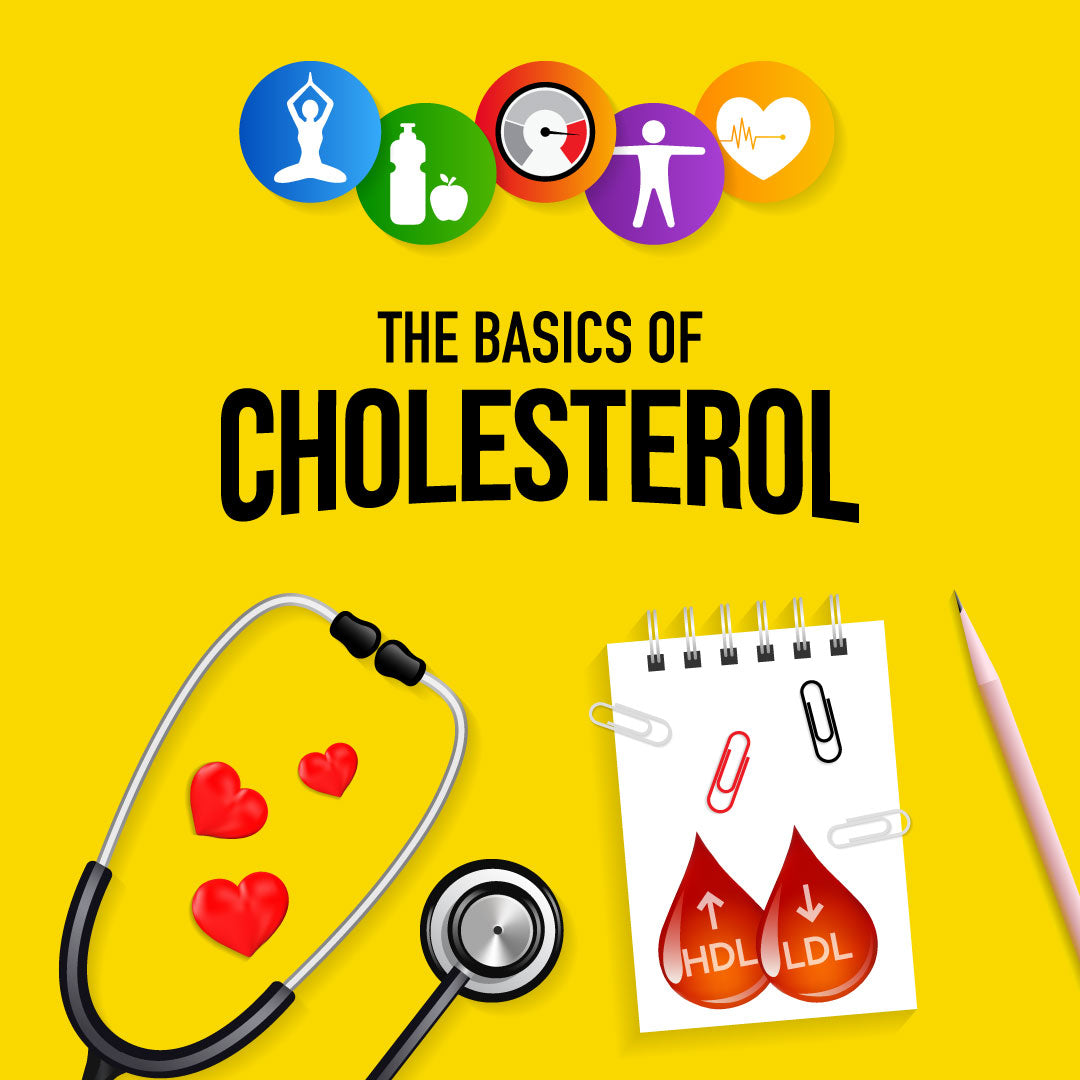
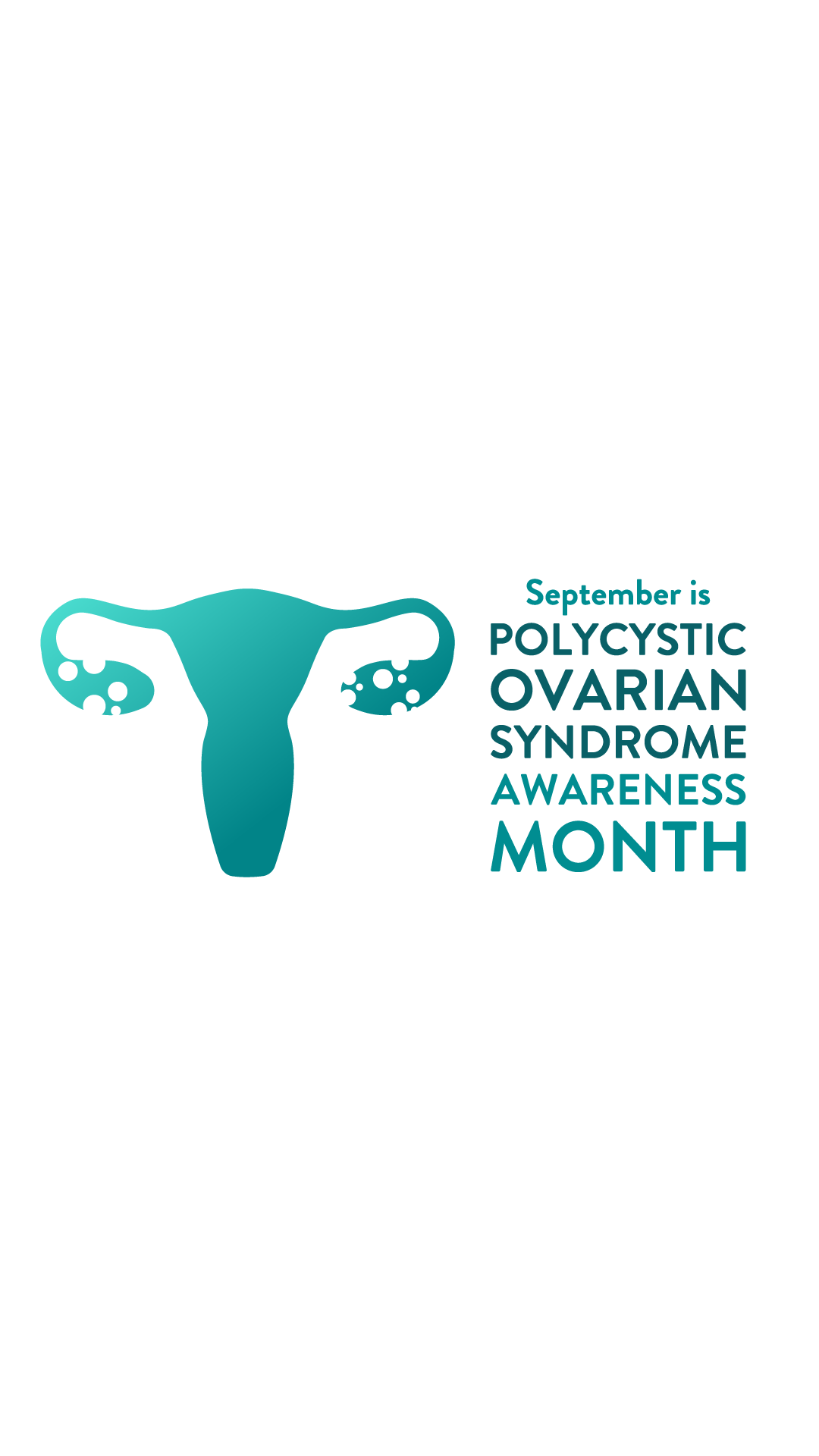



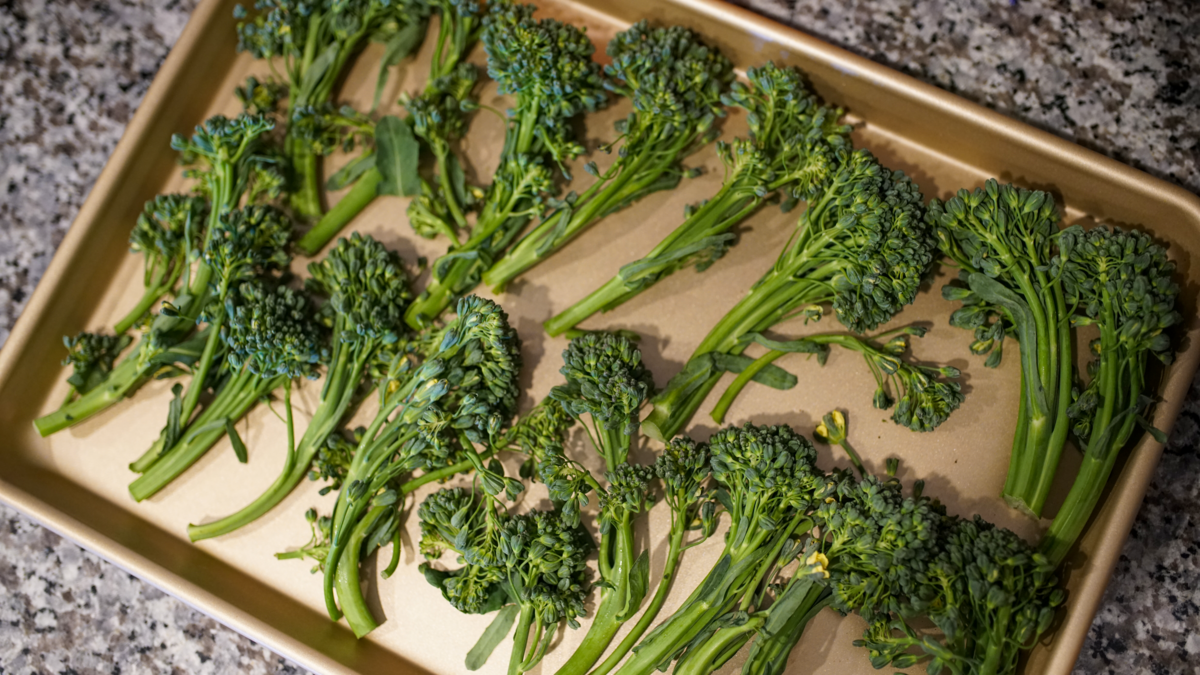











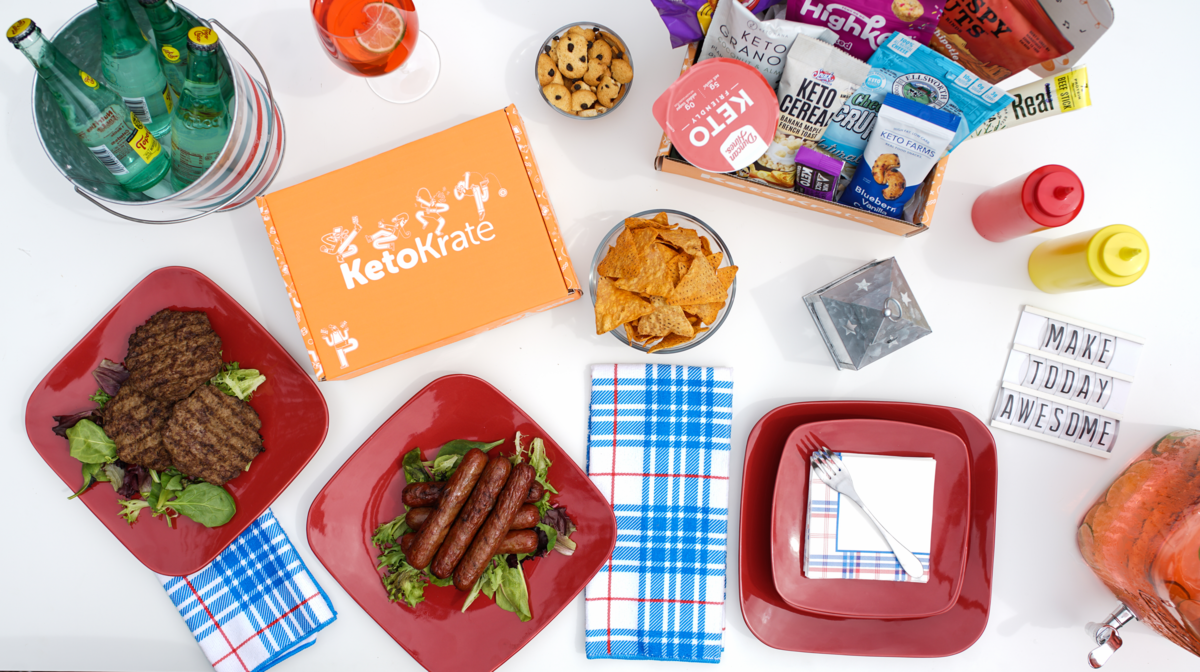
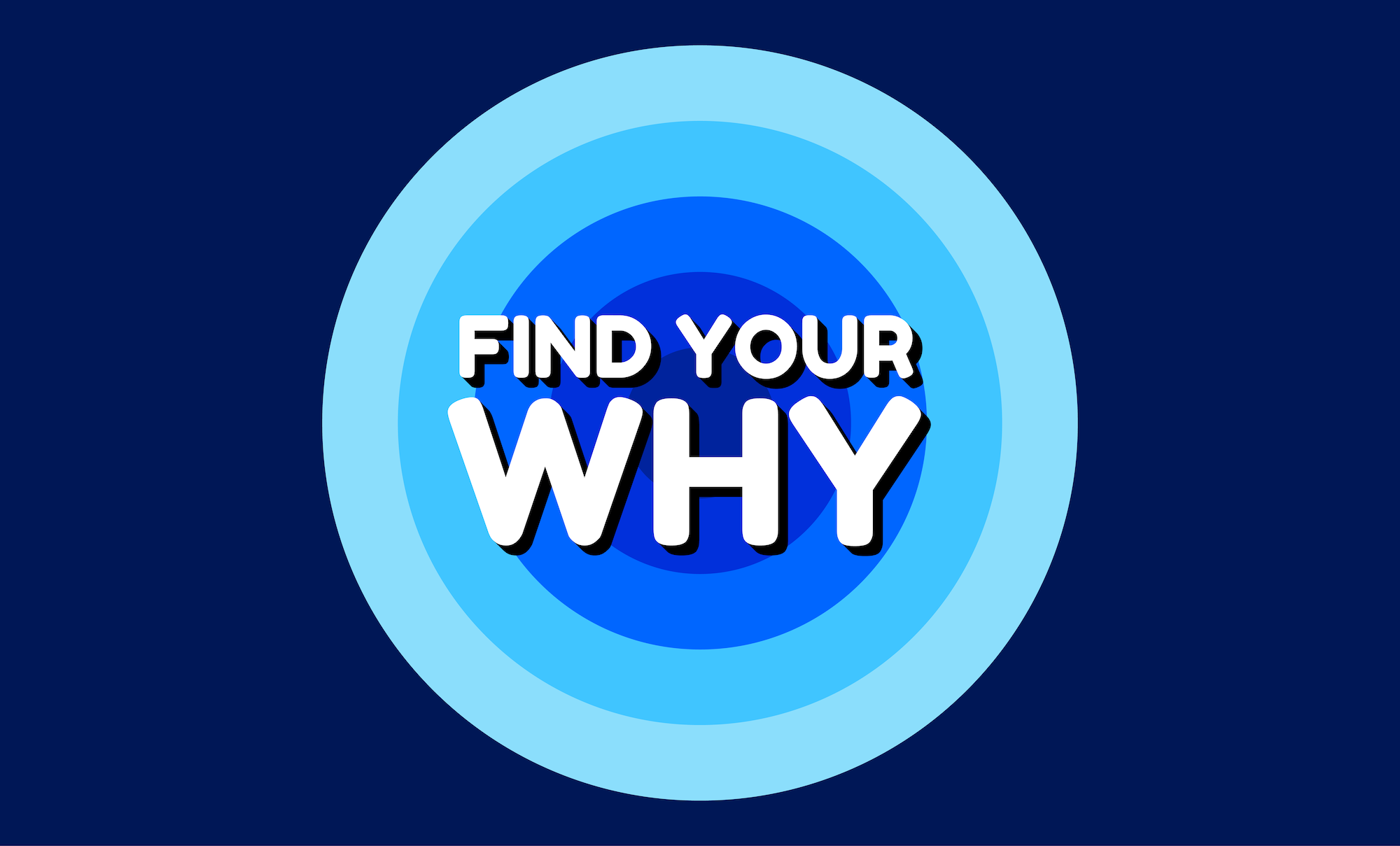










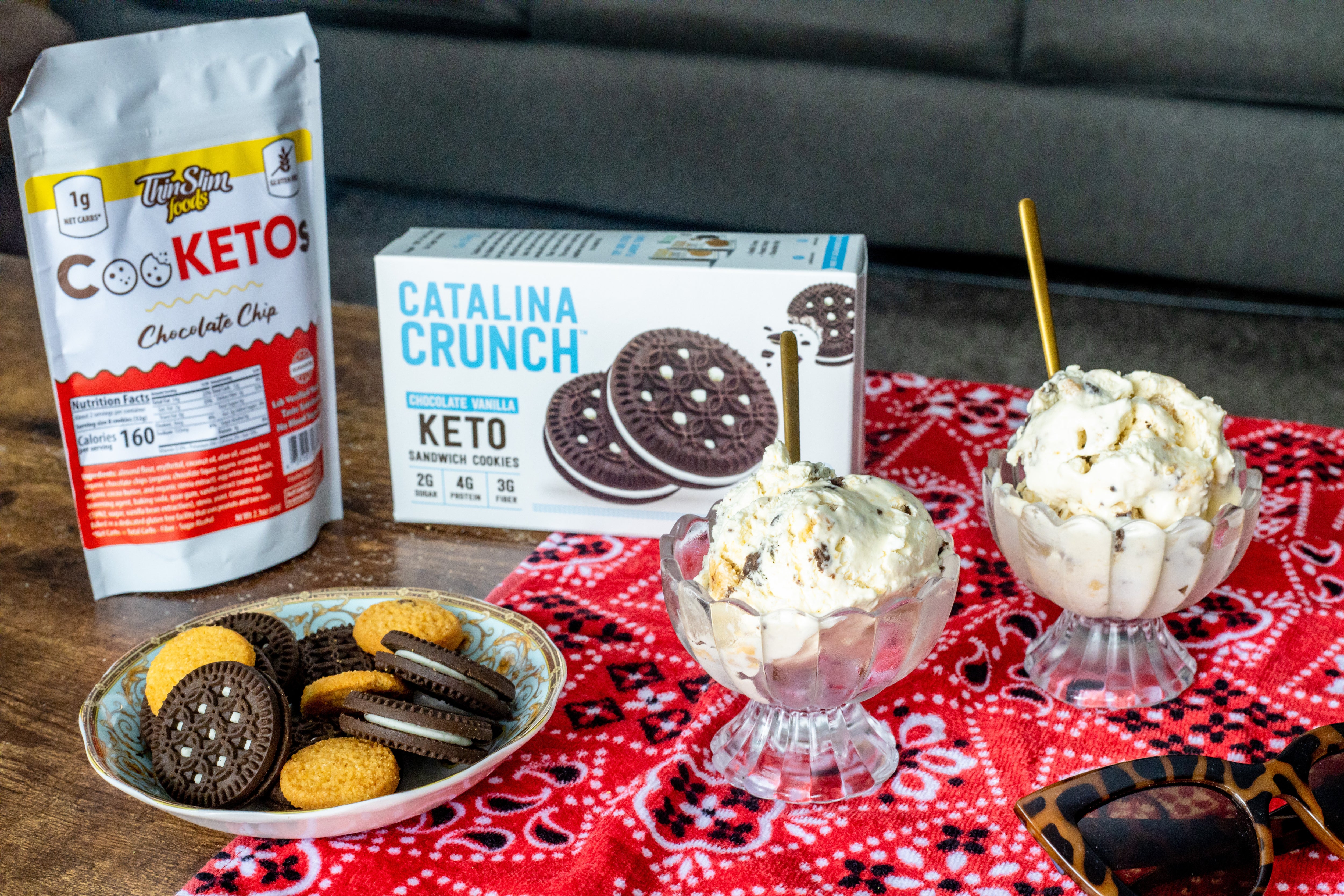


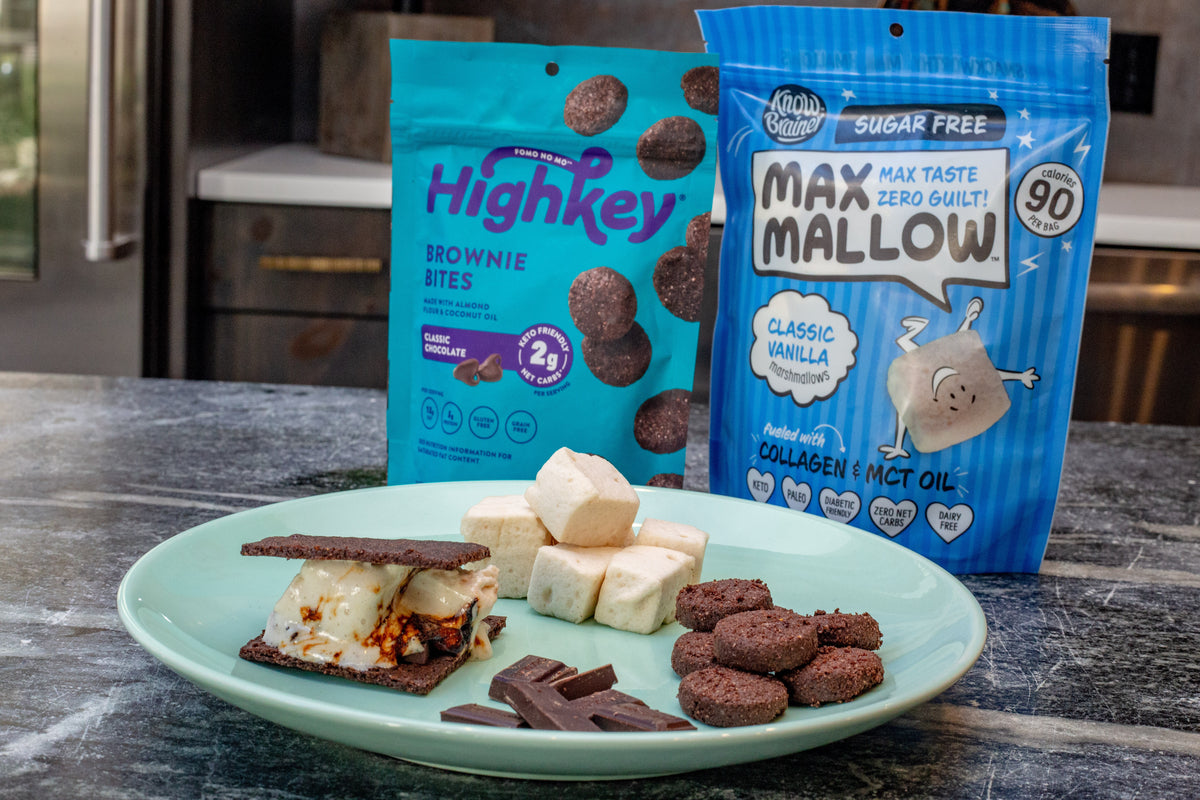

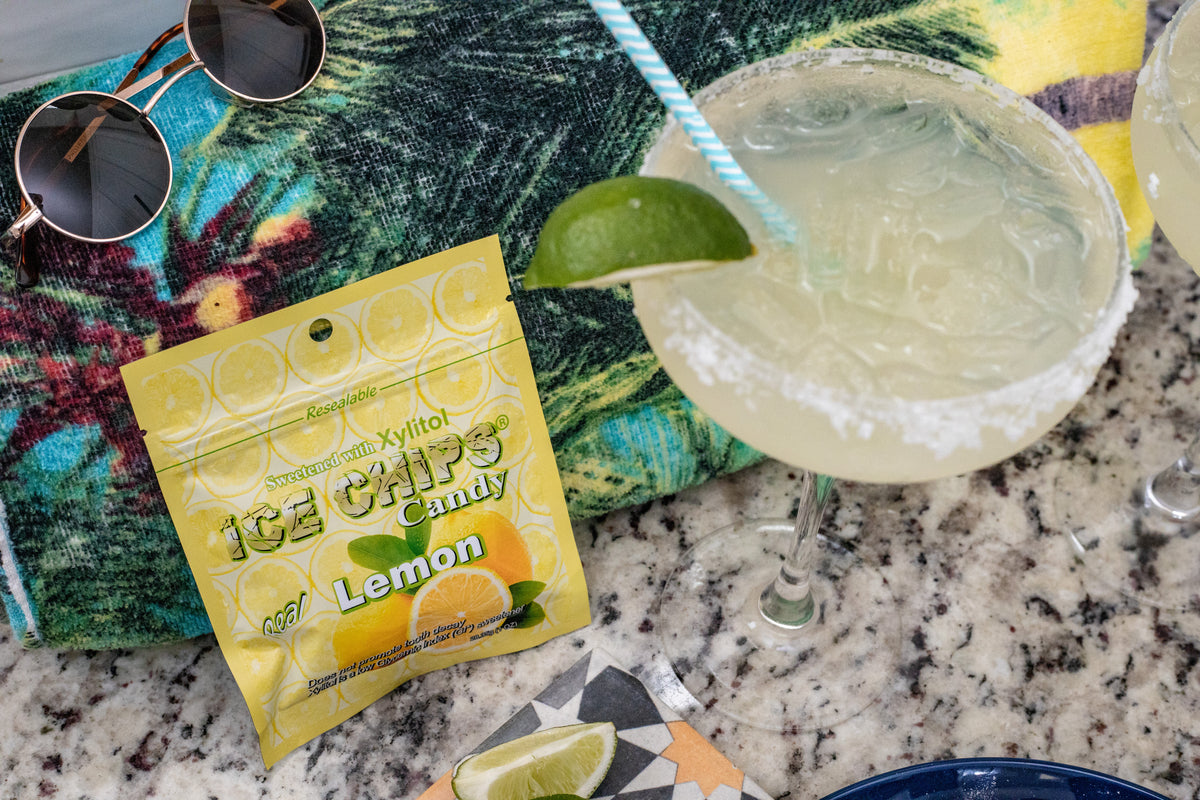
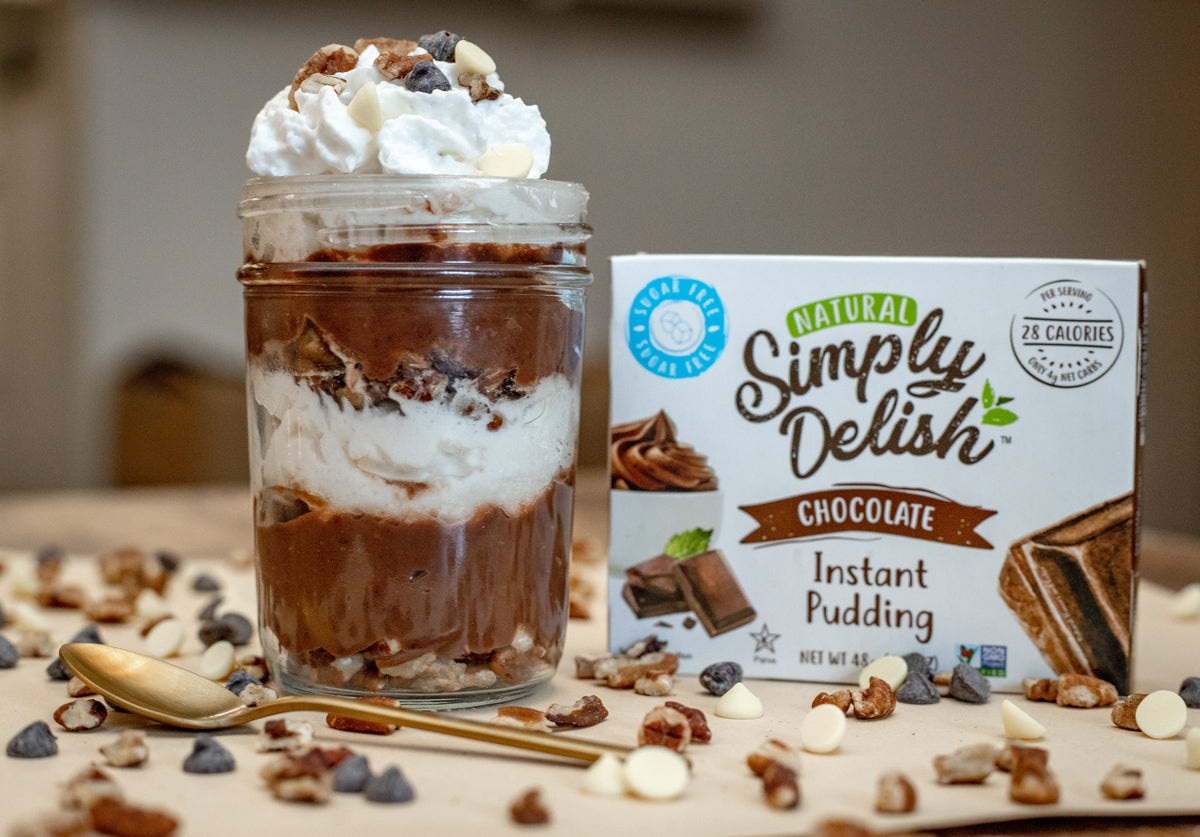



Liquid error (snippets/article_comments line 26): internal